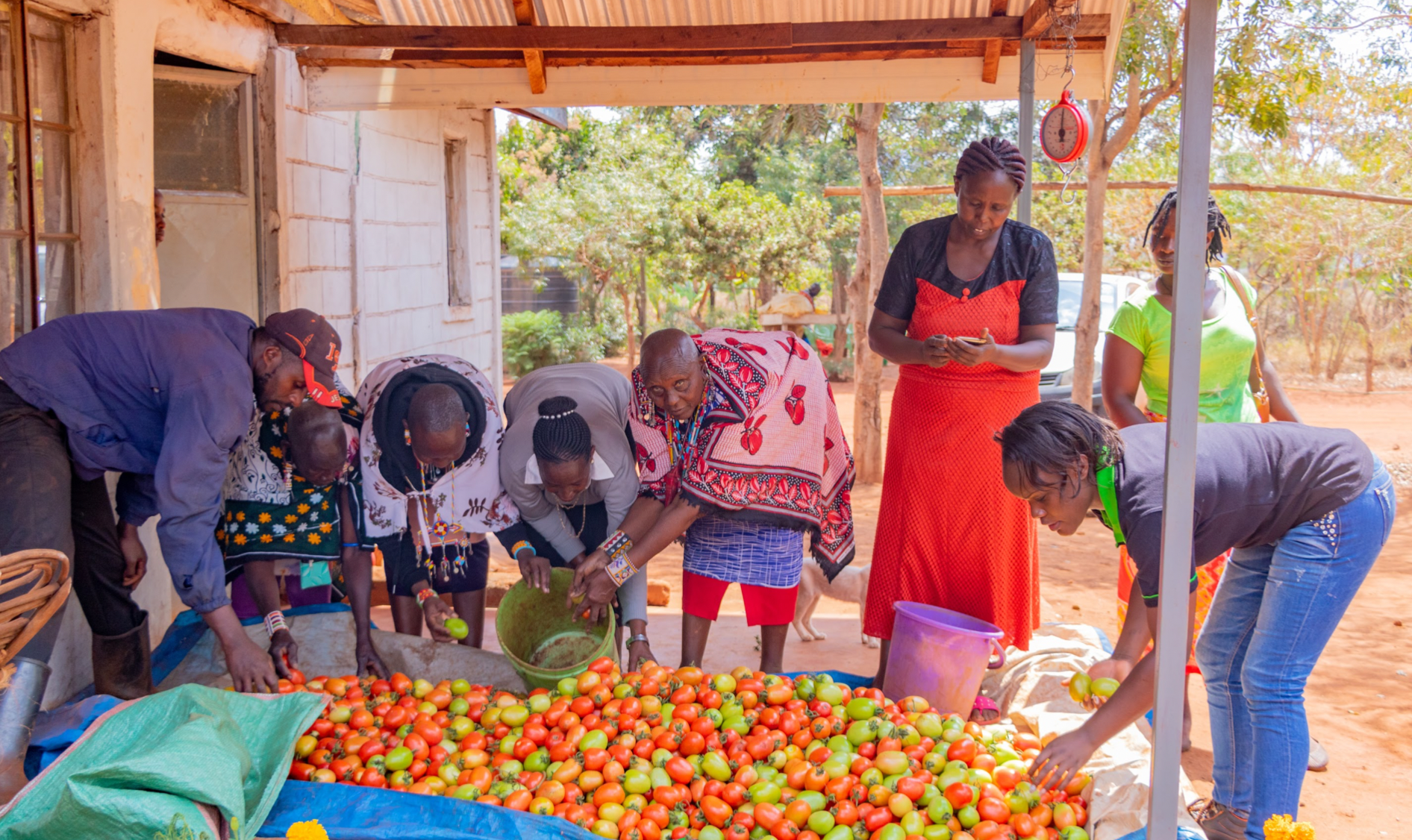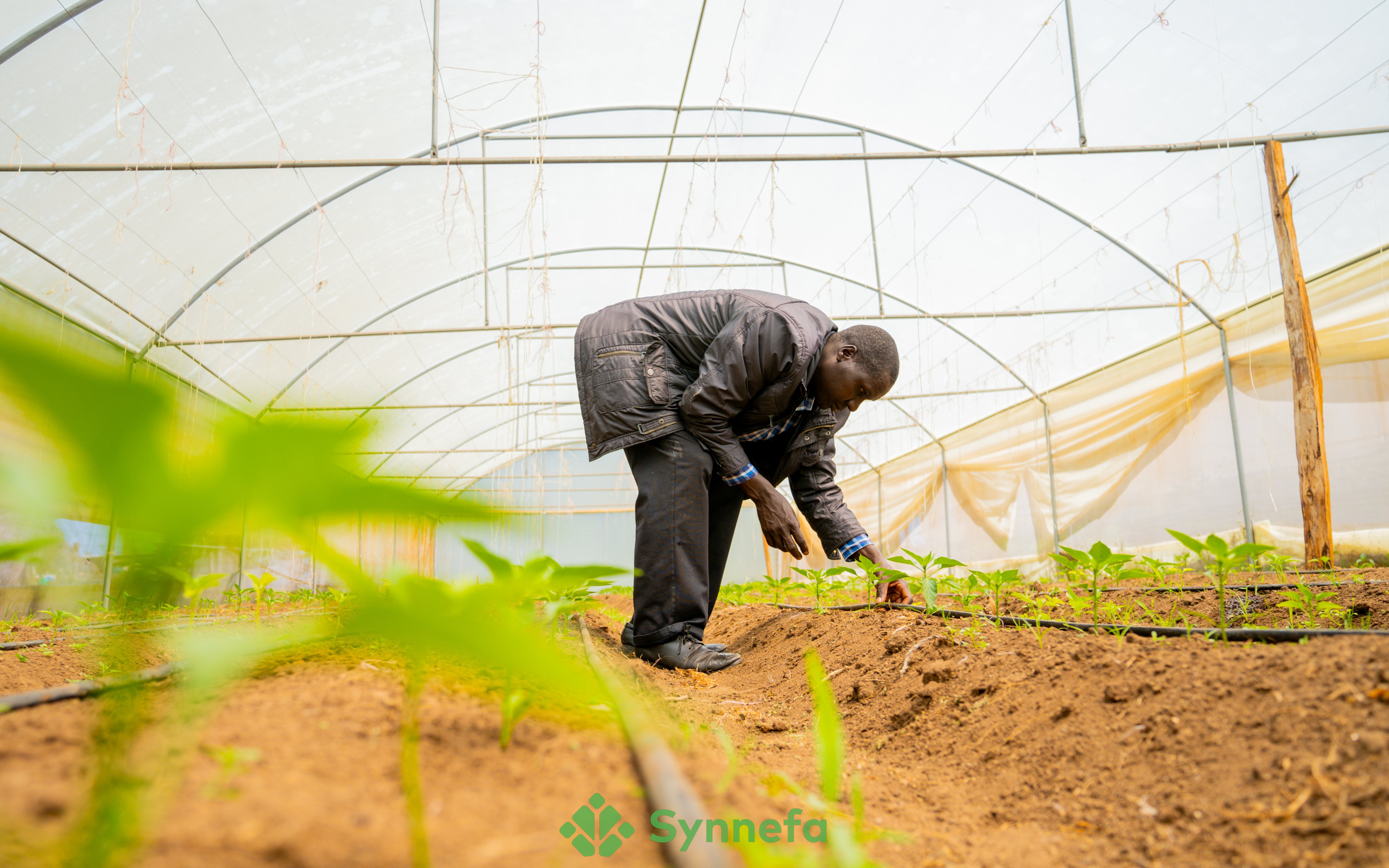Agriculture: Should Farmers Talk About Mental Health at their Workplaces?

“A healthy farm is nothing without a healthy you.”
Whether it’s about the weather, crop preps and harvests, or even the cost of land and capital equipment, farmers never run out of things to talk about. But when it comes to mental health, many would rather focus on self-care and ways to manage their anxiety, stress and depression than speak openly about it.
Agriculture has been part of human life for thousands of years now, and it has developed a certain way over the years. Farmers have always been seen as hard-working, independent individuals who never ask for help. But the strict field rules and the long hours alone in the fields can silently take their toll, making some farmers sink into deep mental health issues.
What causes mental health issues in farmers?
Farming is hard work: debt, long days, loneliness and stress. Farmers have to deal with many factors outside their control, such as unpredictable weather, government regulation and market volatility which are often major stressors. As a result, many farmers struggle with depression or other mental health problems.
How do we begin the conversation to help one another?
You don’t need to be an expert to listen as a friend, family member or even a stranger. Sometimes all someone needs is an ear to listen. Talk more, ask more and listen more.
- Communication – It is difficult to regulate or balance our emotions when experiencing difficulty with our mental health. We may also perceive or misinterpret situations or conversations with our co-workers as more negative. That combination of negative perceptions and off-balance emotions really poses a challenge to healthy, clear communication.
- Safety – Our ability to concentrate is greatly affected by poor mental health. This lack of concentration can turn into a safety issue. If you work in a warehouse operating heavy equipment, for example, and your concentration is affected, how well you operate that equipment and your awareness of people or things in your work environment will also be affected.
Good self-care techniques one can practice
There are several:
- Fueling our body properly: good nutrition and being hydrated are important.
- Adequate sleep: lack of sleep can trigger or exacerbate mental health issues.
- Self-awareness: learn to recognize when you are over stressed or might be experiencing a mental health issue.
- Use thinking time wisely: by planning ahead we can often reduce our stress.
- Stop comparing: in this age of social media, it’s very easy to think our own life is somehow not as “good” as other people’s lives.
- Factual self-talk: we often lie to ourselves thinking, for example, non-factual all-or-nothing thoughts like, “I’ll never get this crop off the field” or by telling ourselves another story that simply isn’t accurate.
- Realistic list to accomplish: don’t try to do it all in one day. Set goals that you can actually accomplish.
- Talk to a trusted person: don’t bottle things up. Talk to a loved one, a friend or a co-worker you trust.
What needs to be done, however, is for farmers to talk about mental health in the first place. It will not be easy to talk about it at a workplace because of the common stigma associated with mental health matters all over the world. But what is needed is a more open discussion of this issue and welcoming other farmers in the same situation to talk about it as well. The result would surely be positive, especially for those who are experiencing stress from their jobs but are not only afraid to share their problems with others but even do not know how to cope with it.
The need to have mental health at the workplace is increasingly being realized. Great progress has been made in identifying mental disorders and providing the support to help people with them. Maternal and child health are two key areas that necessitate mental health intervention at workplaces. As an agricultural sector, can we contribute in strengthening the support for women farmers and their families and ensuring a more peaceful tomorrow?
When we first started to talk about mental health at the offices and co-ops — building support and a deeper understanding of the challenges that people face in their day-to-day lives from farm failures to mood disorders — it was tough. We had never done it before and no one knew where to start. It was easy for people to feel self-conscious about bringing something so personal into the workplace, but once we started talking, the conversation spread organically. As the stigma of mental health breaks down among communities of farmers and farmworkers (and continues to do so on a wider scale) it will be even easier to talk about these issues openly and bring more people out of isolation.
Conclusion
While mental health disorders are still widely taboo subject in the workplace, we have to remember the farmers who live at their workplace. Farmers often suffer from severe mental health issues caused by seasonal depression, burnout, and isolation. Yet they feel they can't admit they have a problem. There's need to create spaces to help them open up about this at the workplace and bring mental health awareness.
This article is to encourage farmers to be more open with mental health issues in their place of work. It's important to share that this issue is not a taboo and it's ok to talk about it. Farmers are an individual and unique group of people, therefore their mental health problems aren't the same as everyone else’s. It's comforting to know that a lot of us go through the same things sometimes, such as pressure, isolation etc. Keep in mind that we're also not alone.
Are you interested in smart farming? We install smart greenhouses and AI Powered Sensors, Farmshields, to help you monitor your farm.
Reach out to us:
Email: info@synnefa.io
Phone: +254203894325


